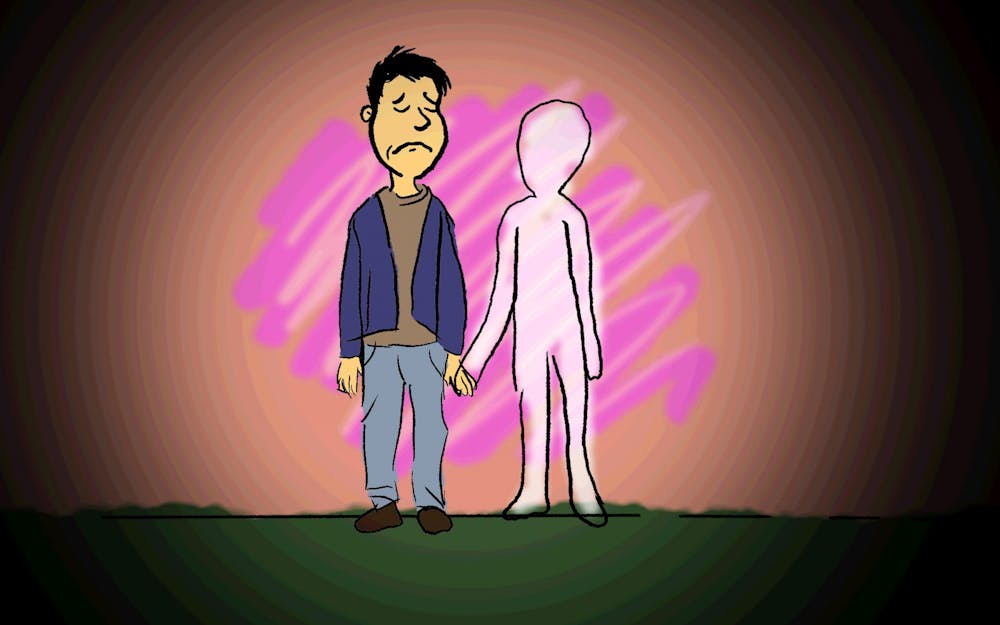In September 2021, one of my mom’s best friends passed away. Only three months later, her other best friend passed. Though I didn’t feel anything close to the pain she felt and continues to feel, her sadness still trickled my way.
This loss coupled with the general despair of the COVID-19 pandemic has been insanely difficult to deal with for every human. An immense amount of grieving is necessary to fully recover.
In this day and age, being sad is a passing act, sad situations being thrown our way without our say, due to our fast-paced social and political climates. Healthy grieving doesn’t get nearly as much attention and focus as it needs to, even though it’s now more important than ever.
When the pandemic hit in March 2020, many people experienced large amounts of grief in a short amount of time. According to CNN, COVID-19 was among the three leading causes of death that year.
Despite how grand these deaths were, society couldn’t focus on them. For a few reasons, such as political unrest and climate anxiety, there was no room to grieve.
The 2020 election took, at least personally, a vast amount of mental and emotional capacity. The Black Lives Matter movement became more relevant as people became more aware of police brutality against people of color was on the rise. Climate change was responsible for Australian wildfires and so many more events plagued the nation.
Thinking about this timeline of events throughout the short nine, COVID-plagued months of 2020 makes my head spin. Honestly, it’s no wonder deaths attributed to the coronavirus and other causes couldn’t be mourned. Too much of our energy was focused on distracting historical events.
“These losses can happen at the same time, which can complicate or prolong grief and delay a person’s ability to adapt, heal, and recover,” the Centers for Disease Control and Prevention writes about this issue (on their website or whatever is accurate).
There’s no way to balance the reality of multiple losses perfectly. We’re human, and we should care about world events. But, as humans, we care, and should be allowed to prioritize our personal and familial health. However, that became beyond difficult when social distancing, masks and everything COVID-19-related kept us apart — and continues to.
Dealing with death, feeling physically and emotionally isolated, can be hard to grieve in a healthy manner. I don’t have all the answers either. But looking away from mind-boggling events to process death is necessary.
Since 2020, I’ve felt like I’ve been in a rut, stuck in the passing events and my passing sadness. The death of prominent global figures and close family friends have made my sadness so much greater. But it’s passing. My energy hasn’t been focused on it, and that’s caused a lot more hurt than was probably needed.
We’re students at IU so that we can learn, make connections and grow. This time is arguably the most pivotal point in our lives. Carrying the heavy weight of unresolved sadness only drags us down while we finish our time on this earth, however long that ends up being.
Death is never easy. Death in this decade feels so much worse. So we have to give ourselves time. We need time to process. We need time to mourn. We need time to cherish the person and the life we lost. And most importantly, we need to give ourselves space to move on.
Elizabeth Valadez (she/her) is a freshman studying English and political science. She is a member of Chi Alpha.





